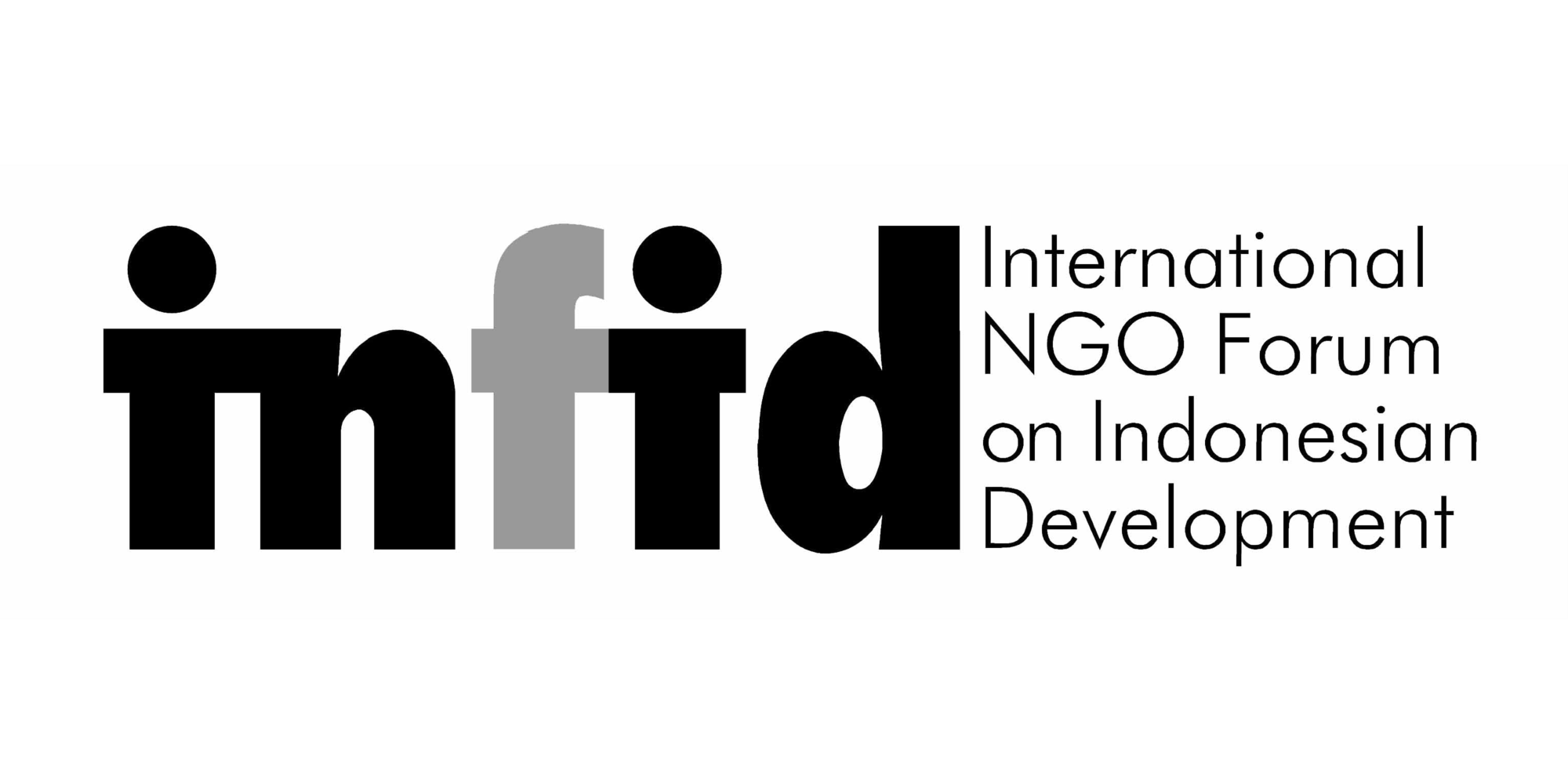Since the fall of the authoritarian New Order regime in 1998, Indonesia has achieved remarkable progress in building democratic institutions. As the world’s fourth-largest democracy and the largest Muslim-majority, the country has embraced a presidential system marked by direct elections and a vibrant multiparty landscape. These early democratic reforms were widely celebrated as a model of political transformation in the region.
However, in recent years, Indonesia’s democracy has faced serious setbacks. Once hailed as a beacon of democratic transition, the country is now grappling with increasing authoritarian tendencies, shrinking civic space, and a steady erosion of civil liberties and political rights. Civil society, long considered a cornerstone of democratic governance and sustainable development, is increasingly under pressure.
A bibliometric analysis of 8,029 scholarly works published between 2015 and May 2025 (Image 1) underscores the central role of civil society in Indonesia’s development discourse, highlighting its contributions to public health, human rights, international cooperation, and governance reform. This body of research emphasises a people-centred, context-specific approach, with civil society actors often at the forefront of policy advocacy, particularly for marginalised populations.
Recent studies highlight a growing authoritarian trend in Indonesia, with a declining environment for civil society. Freedom House noted a drop in Indonesia’s civil liberties and political rights score from 62 in 2019 to 57 in 2024, citing corruption and weak protections for religious minorities. The 2024 Economist Intelligence Unit Democracy Index scored Indonesia at 6.44, labeling it a “flawed democracy” (59th out of 167 countries), down from 56th in 2023, due to issues in government functioning and elections. The 2024 election of Prabowo Subianto and Gibran Rakabuming Raka raised concerns about democratic backsliding and power centralization.
Civil society organizations (CSOs) face legal, bureaucratic, and security challenges, including harassment, data breaches, and violence. Digital repression, such as doxing and cyber surveillance, targets critics, while political elites label CSOs as “foreign proxies,” undermining trust. Arbitrary arrests and biased investigations further limit equal treatment and protection for vulnerable groups.
At the same time, internal challenges weaken civil society’s ability to push back against democratic backsliding. Reformist groups often rely heavily on legalistic strategies that fall short of confronting entrenched anti-democratic forces. Many also lack grassroots engagement, opting for ad-hoc approaches rather than building sustained movements for social change.
Network Member:
International NGO Forum on Indonesian Development (INFID)
